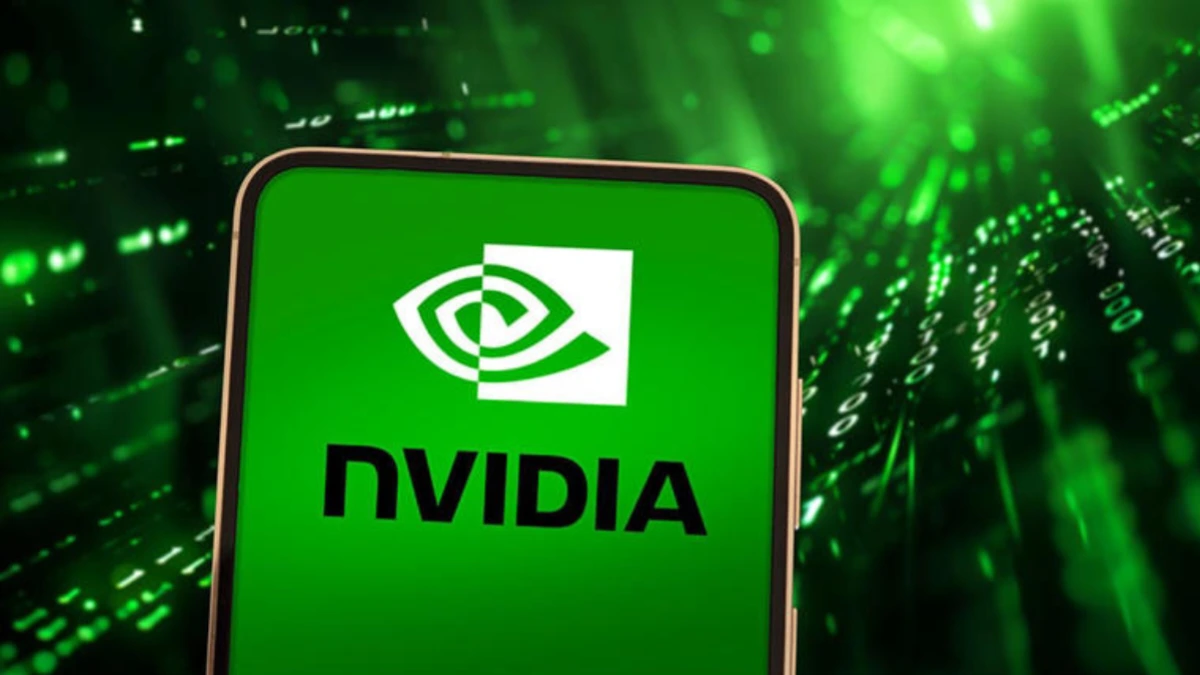Amazon is joining Microsoft in supporting proposed US legislation that would further restrict Nvidia exports to China, deepening Washington’s efforts to prevent Beijing from acquiring high end artificial intelligence chips.
The Wall Street Journal reported the development Thursday, citing people familiar with the matter, as debate intensifies over how far the United States should go in policing advanced semiconductor shipments.
The legislation, known as the GAIN AI Act, short for Guaranteeing Access and Innovation for National Artificial Intelligence, was introduced as part of the National Defense Authorization Act.
The measure would require chipmakers to prioritize domestic orders for advanced processors before supplying foreign customers.
The proposal arrives at a time when US officials are tightening existing export rules and adding new compliance steps intended to slow China’s progress in military driven AI development.
Microsoft publicly endorsed the bill earlier this month. According to the Journal, Amazon’s cloud computing division has privately communicated its support to Senate staff.
AI startup Anthropic, which relies heavily on US produced advanced GPUs, is also backing the effort. Meta Platforms and Google have not taken positions on the Act.
The White House, including newly appointed AI czar David Sacks, reportedly told lawmakers the policy’s impact would be limited because the Commerce Department already regulates chip exports.
Technology policy scholars say the legislation underscores growing concerns among lawmakers about China’s rapid technological advancement.
Dr. Helen Markham, a senior fellow at the Center for Strategic Technology, said the proposal reflects a shift toward tighter industrial controls.
“There is a bipartisan consensus forming around the idea that Nvidia exports to China need closer monitoring,” she said. “This Act is part of a broader push to secure supply chains and prevent sensitive technologies from reaching strategic competitors.”
Chip industry analysts caution the policy could create unintended consequences, particularly for companies that rely on global demand to scale production.
“Restricting Nvidia exports to China may help U.S. national security in the short term, but it risks disrupting supply chains and raising costs,” said Victor Abrams, a semiconductor market consultant.
Most chipmakers depend on international customers to maintain volume and stay competitive. Nvidia, the world’s most valuable semiconductor company, previously argued the GAIN AI Act would reduce global competition and limit computing access for researchers worldwide.
The company has warned that export restrictions have already caused uncertainty in its Asia Pacific business, where Chinese cloud providers have scaled back orders for high end AI chips.
China is estimated to account for nearly one fifth of Nvidia’s data center revenue, according to market research firm TechMetrics.
Those sales include specialized AI processors tailored to comply with earlier US export rules. Analysts say additional restrictions could potentially affect billions of dollars in future revenue.
US chip exports to China fell sharply after Washington imposed controls in 2022 and updated them in 2023, according to Commerce Department data.
The revised guidelines barred companies from selling chips with performance exceeding a defined threshold, prompting Nvidia to design modified versions for the Chinese market. Despite these efforts, the regulatory environment remains volatile.
Compared with similar measures targeting telecommunications equipment and quantum technologies, the proposed GAIN AI Act would introduce the first priority based distribution mandate for AI chips inside the United States.
Some experts say it resembles wartime industrial policies that required American companies to fill domestic defense contracts before shipping goods overseas.
In Silicon Valley, reaction among smaller startups is mixed. Some founders welcome additional safeguards, believing stable supply inside the US is essential as AI models grow more computationally demanding.
“We waited nearly six months for a cluster of high end GPUs last year, so anything that improves domestic availability is a positive step,” said Ravi Patel, who runs an AI robotics startup in San Jose.
“I understand the geopolitical risks, but the shortage has real business consequences.” Others worry the law might unintentionally deepen hardware inequality among US companies.
“If the largest cloud providers get priority access, smaller firms could be left behind regardless of security benefits,” said Claire Donovan, founder of a healthcare AI company.
She added that the bill’s focus on Nvidia exports to China does not address broader supply constraints across the sector. In Washington, lawmakers backing the proposal argue that Beijing’s expanding military AI programs justify tighter rules.
“We cannot allow advanced processors to end up supporting adversarial military capabilities,” said an aide to Senator Jim Banks, the Act’s sponsor. “The United States must secure access to critical hardware.”
Policy analysts expect the debate over Nvidia exports to China to intensify as Congress moves closer to reconciling the defense bill.
Some officials believe the Commerce Department’s existing export controls already provide robust oversight, while others argue chipmakers have too much discretion in how they fulfill global orders.
The White House has not taken an official stance, leaving uncertainty about the bill’s chances. Any final legislation would need to balance economic considerations, national security, and the interests of an industry that remains deeply interconnected with global supply chains.
If the Act becomes law, chipmakers could face new compliance burdens, including documentation demonstrating domestic demand has been met before delivering products abroad.
Companies operating large cloud data centers may see improved hardware availability, while foreign customers could experience longer wait times or reduced access to advanced models.
As Washington weighs the GAIN AI Act, the debate reflects broader tensions at the intersection of national security, economic competitiveness, and global technology markets.
The involvement of major tech companies underscores the stakes for US cloud providers and AI developers. Whether Congress ultimately adopts the measure or chooses to rely on existing export controls, the discussion around Nvidia exports to China is likely to remain central to US technology policy in the months ahead.
